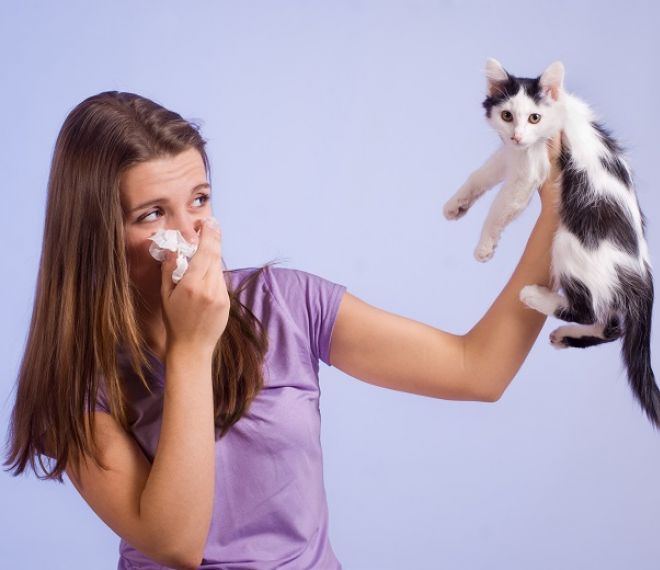The baby is coming! Is the cat going?

What is toxoplasmosis?
The pathogen of toxoplasmosis is spread worldwide, so a large proportion of people have already been infected. The majority usually become infected by consuming contaminated food and drink, or by pathogens found in feline excrement, which can be inhaled into the body, for example, when cat litter is emptied. The disease goes unnoticed in most cases, causing symptoms in only 10-20% of cases. In more severe infections, fever, swollen lymph nodes, and sore throat occur, but meningitis can also develop.
If the infection develops during pregnancy, it can even seriously damage the infection of the fetus. In the worst case, the disease leads to miscarriage, stillbirth, or neonatal encephalitis. It can also result in hydrocephalus in the newborn, or it can cause inflammation of the choroid and nerve membrane of the eye.
If we are planning a baby, do we have to give the cat away?
Anyone who has had a cat prior to pregnancy should have a blood test done to determine if they have been infected. Antibodies produced in the blood are detected to establish the diagnosis. If the infection took place in an earlier period of life, it is not necessary to give the cat away with the appropriate precautions. However, it is important to pay attention to careful cleaning and that your excrement does not come into contact with the expectant mother. If someone has not been infected, it is recommended to find a new owner for the cat.
During pregnancy, the weakening of the immune system makes the body vulnerable to infections. For this reason, it is not advisable to keep animals in the bedroom and sleep in the same bed as the cat. After contact with animals, be it feeding or petting, thorough hand washing and a change of clothes are recommended. If the pet stays with us during the pregnancy, it is advisable to carry out a thorough flea control. Dr. Ilona Kovács warns that expectant mothers should pay attention to certain symptoms in addition to taking precautions, and should consult a specialist as soon as possible. Such symptoms include respiratory diseases, fever, swollen lymph nodes, skin changes, sore throat and scratchy throat.
Once the baby is born
We can't neglect children under the age of three either, since an infection can develop even if the proper hygiene rules are followed. In the case of young children, in most cases, respiratory symptoms first appear, prolonged cough, runny nose and sneezing. In addition, we should pay attention to the rashes that appear on the limbs, in the crook of the neck and behind the ears, which clearly indicate the development of an infection. Just like sharp, fragile objects, make sure to put cat litter and your pet's belongings and toys in a place where children cannot reach them.
